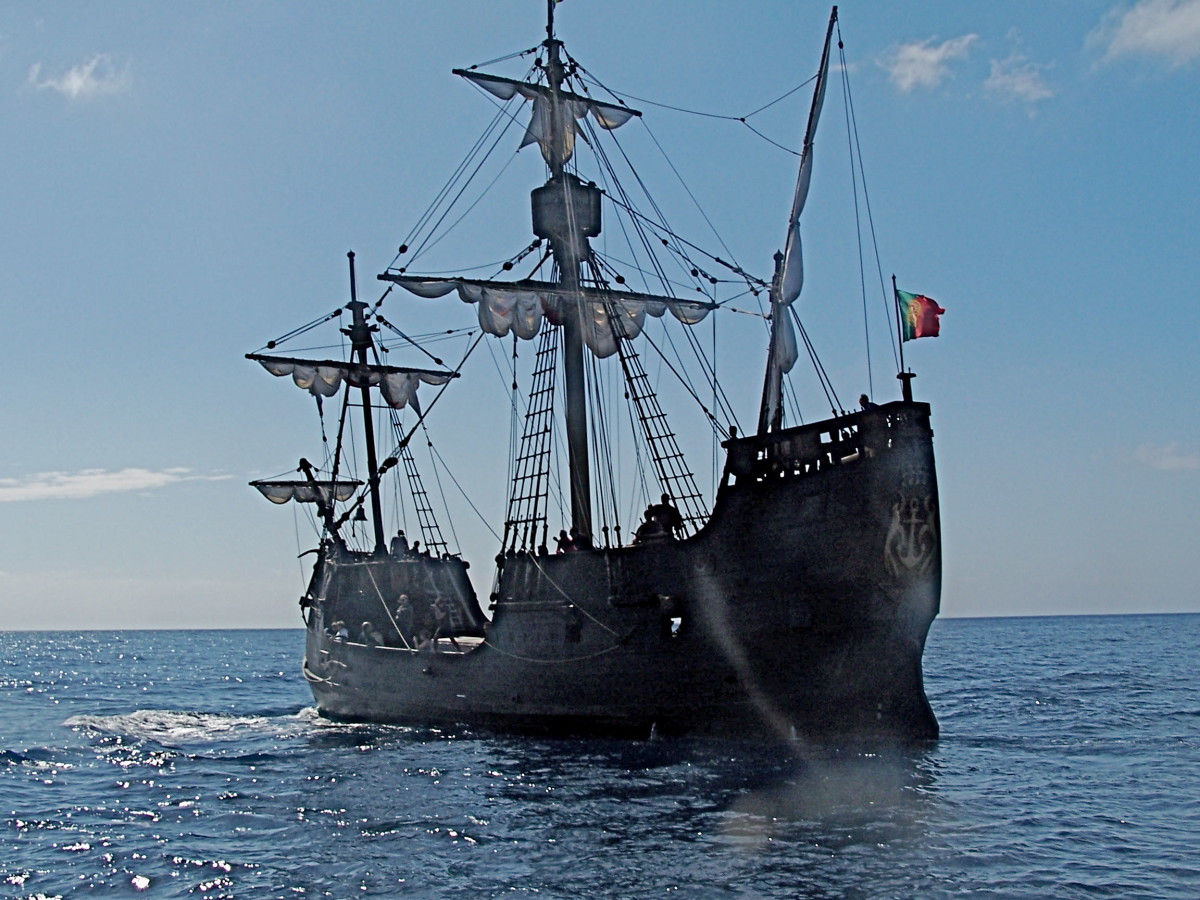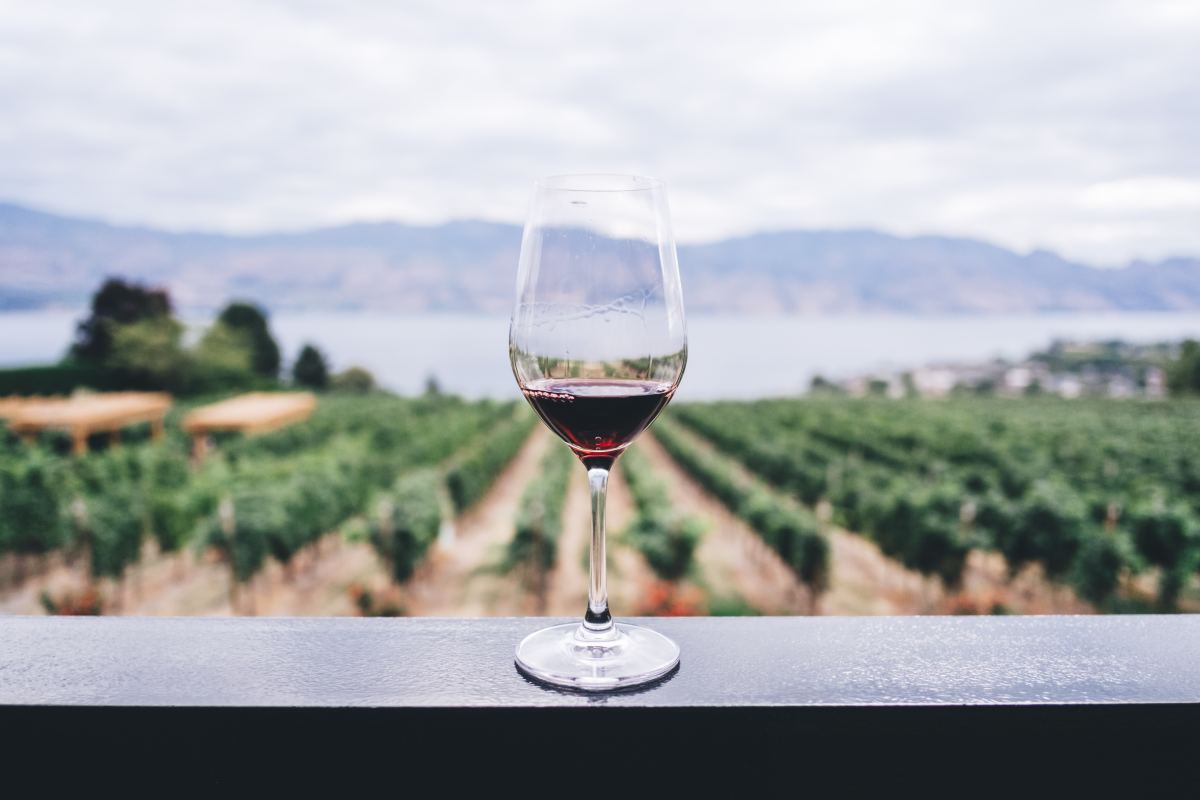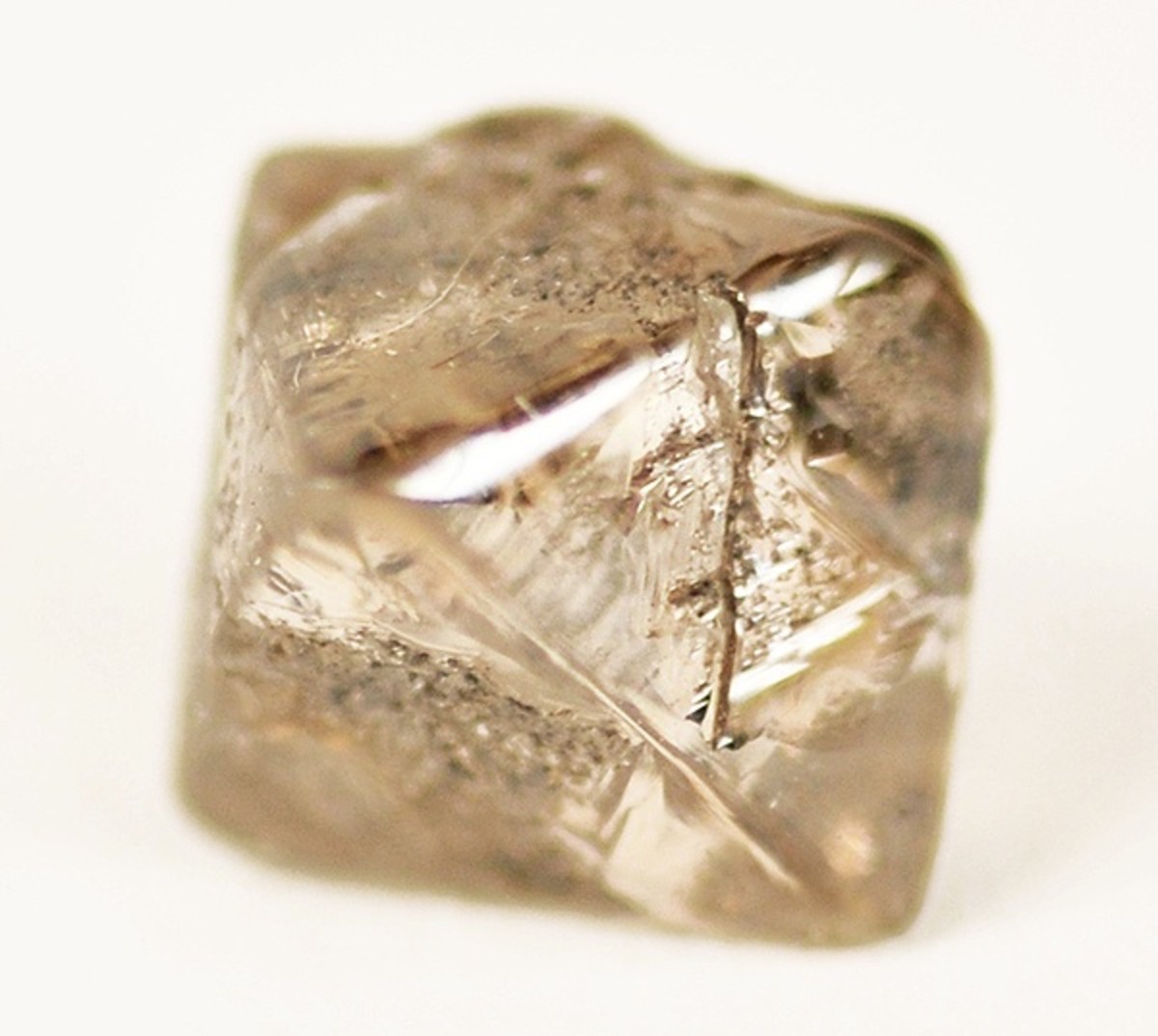The Most Expensive Wines in the World
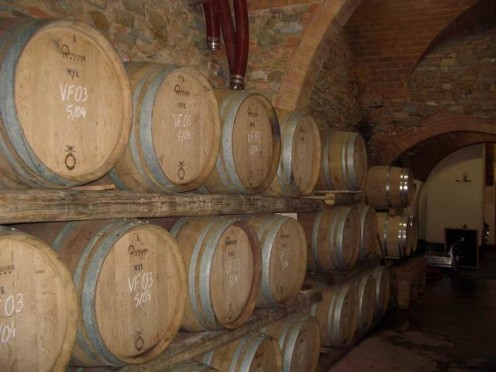
Rare Wines
A 1951 bottle of Grange Hermitage will set you back around $60,000, a 1945 Chateau Mouton Rothschild at a startling $114,614, a bottle of 1787 Chateau Lafite, will reduce your funds by a heartstopping $160,000 and a hundred year old bottle of Heidsieck champagne from the shipwrecked, will cost a cool $270,000 -that's an expensive consumable..don't spill any on the carpet! Most wine collectors, of course wouldn't be drinking their investment..the high prices are not down to the taste, as many old, scarce wines would be undrinkable, or at least a little off.
A wine's monetary value is generally decided by its rarity. The 1951 Grange made by Penfolds, for example, was created as an experimental Shiraz wine and only 160 cases were ever produced and not commercially released, thus the rarity and significance of the wine. The '51 bottles, too, were hand-blown, adding to the value.
Heidsieck Champagne, originally from the Heidsieck vineyard in Champaigne, were part of a consignment destined for Russian Imperial family in 1916, until a shipwreck off the coast of Finland caused the sparkling cargo to sink to the bottom of the ocean., Retrieval divers recovered around 200 bottles in 1997. Such old wine, together with its romantic history, makes the Heidsieck champagne bottles incredible rare and valuable.
Red wine traditionally is more collectable than red but not always. A rare 1787 vintage Chateau d'Yquem fetched $100,000 in 2006. Some other expensive, collectable wines include the following.:
$100,000 - Chateau d'Yquem 1787: the most expensive white wine.
$43,500 - Massandra 1775; tops the expensive sherry list$28,112 - Romanee-Conti DRC 1990; apparently the high cost of this wine is due to the low yield soil of the particular area of France where it's grown and it takes three grapevines to produce one bottle of wine.You'd think the winegrowers would have moved to a more fertile area wouldn't you? Perhaps the vines, tare particularly good and the fact that they didn't increases the price.
The Wine Elite
To a distinct non-connoiseur like myself, the world of rare vintage wine is a strange and mysterious place, populated by "experts", Masters of Wine, historians, Auction Houses and wealthy clients who are passionate about their collections. Although they are prepared to pay astronomical prices for the right item, collectors always consider whether or not a wine's value will increase over time - the rarer the wine, the more likely the price will increase and if there is a story attached, so much the better.
However, in the rarefied world of wine buying and selling, the buyer does have to be wary of deceptions as there have been some notorious wine swindles. Wherever there is big money changing hands there are opportunists and as rare wines have in recent decades been commanding very high prices, the forgeries have increased commesurately.
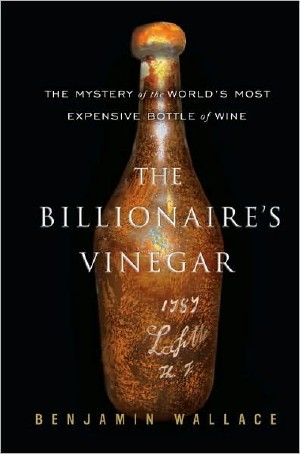
Caveat Emptor
In 1985, the most expensive bottle of wine ever sold up to that point, via Christies in London, was sold to vice-president of Forbes magazine, Christopher Forbes who paid a stroke-inducing $157,00 for it. It wasn't just any old bottle though...rather it was one of a collection of intriguingly old, rare wines, that was discovered hidden in a walled off cellar in a mysterious building in Paris.
The wine was old, naturally - and the bottle made of a dark green glass, with a wax seal and no label or markings, bar an etching in the glass which bore the initials, 'Th.J' along with the year, 1787. Although they had no firm proof, Christies strongly suggested the wine had been part of historic American President, Thomas Jefferson's wine cellar. As it was widely known that Jefferson was a wine connoisseur and had, at various times, ordered large quantities of French wine. In addition, the bottle and engraving had been verified by an 'expert' as having come from the right period, so it seemed entirely feasible.
After the Forbes purchase others became interested in the acquiring bottles, including American billionaire, Bill Koch. Koch wrote to the Jefferson Institute and received a reply from a Jefferson historian who wrote she didn't believe the wine had an association with the latter so the age of the wine and bottle may be genuine. There was nothing in any of Jefferson's extensive records to suggest he had made such a purchase. Koch, being Koch and not one to be taken advantage of, doggedly pursued the case, chasing up leads here there and everywhere. The whole fascinating tale (and it's a real detective story) can be read here in a very entertaining article in the New York Times by Patrick Radden Keefe:

A Matter of Perception
It seems the high-end collectable vintage wine market, is fraught with deceptions -including self-deception, often unconsciously. Collectors aren't always as keen as Koch to know they have a forgery in their cellar, partly because of the loss of value but also because they so want to believe they possess the rare wine they had bought in good faith.
The 'Master wine tasters too are not beyond, being carried away by an impressive label and an aura of rarity and in fact the whole ambiance of a wine, whether real or manufactured can affect the way it tastes in the mind of the taster. Keefe makes a pertinent mention of this in his Jefferson Bottles article:
"Rajat Parr, a prominent wine director who oversees restaurants in Las Vegas, told me that several years ago some of his customers ordered a bottle of 1982 Pétrus, which can sell in restaurants for as much as six thousand dollars. The party finished the bottle and ordered a second. But the second bottle tasted noticeably different, so they sent it back. The staff apologetically produced a third bottle, which the diners consumed with pleasure. Parr closely examined the three bottles and discovered the problem with the second one: it was genuine."~The Jefferson Wines
Rare and beautiful wine it seems, resides partly in illusion and not as tangible as it seems. If a connoisseur believes they possess a rare bottle of wine that is, in fact, a forgery but never discovers the deception, isn't that as meaningful to them as if they only had the forgery? Like so many things, the rare and expensive vintage wine market is all about perceptions.
- The Nasty Food Critic
For professional food writers, it seems a certain amount of acid reflux is almost mandatory and the profession has a long tradition of serving up inflamed tongue, with a flagon of extra vitriol on the side.


